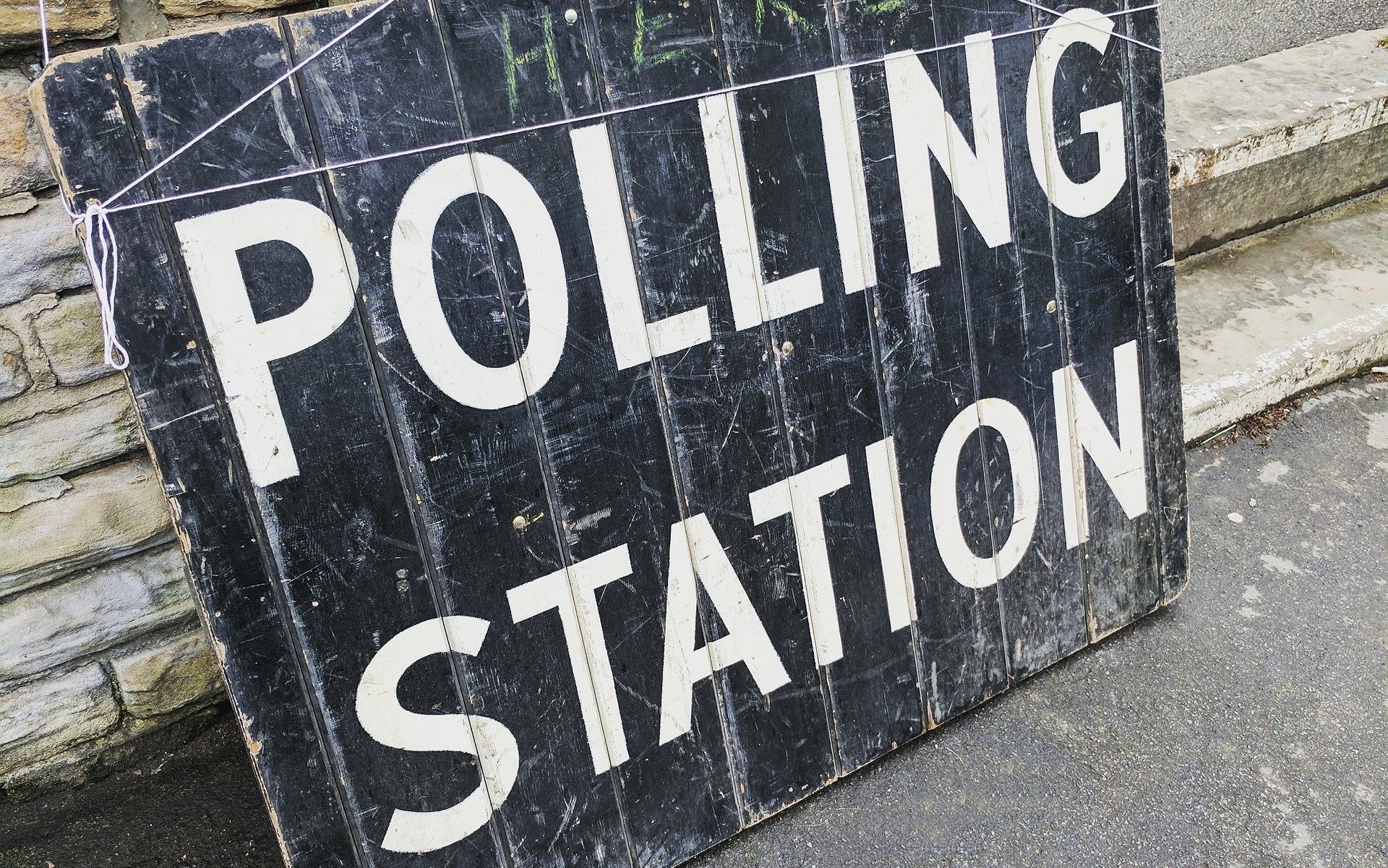Making a splash
With 21 days to go until the general election, UK parties have picked up the pace on the campaign trail. Prime Minister Boris Johnson’s Conservative Party continues to poll comfortably in the lead at around 40%, with the closest opposition, Jeremy Corbyn’s Labour Party, trailing with 29%. The anti-Brexit Liberal Democrats are polling around 15% and are expected to pick up seats. Yet the UK’s first-past-the-post voting system complicates translating the polling into seats, especially given tactical moves by smaller parties which may concentrate smaller numbers of votes to deliver more seats. On the front of Brexit, smaller parties are trying to leave their mark by tactically standing down in contested seats, with Nigel Farage’s Brexit Party letting Johnson’s sitting MPs run unopposed, but perhaps splitting the vote in marginals they’d prefer to win, while the Liberal Democrats, Green Party and Welsh nationalist party Plaid Cymru have banded together in a Remain Alliance across 60 seats.
Tech in the election so far
Technology has not been a preoccupation in the campaign, although concerns about political advertising are prompting several platforms to act. With all party manifestos not quite ready for full analysis at time of writing, only Labour and the Liberal Democrats have had anything significant to say. Labour has promised to bring “free full-fibre broadband” to all UK households and businesses by 2030 as well as planning to nationalise parts of BT Group, including Openreach. They’ve also promised to impose a duty of care on tech companies to protect children online, as well as issue a Charter of Digital Rights. The Liberal Democrats want the UK to be a world leader in new technology by “teaching core skills”, allow companies to claim R&D tax credits against the cost of purchasing datasets and cloud computing, and digitally empower consumers by allowing the public to share in the profits generated by their data. They have also suggested empowering the UK’s Centre for Data Ethics and Innovation, to “call in” products that fail to meet ethical standards. So far, the Conservatives have said little to elaborate their previous pledges to improve broadband.
Meanwhile in Brussels…
With European Commission President-elect Ursula von der Leyen pushing for a 1 December start for her new commission, the UK’s reluctance to send a candidate commissioner is proving an annoyance. All EU member states are legally required to propose a Commissioner, and there have been concerns that the Commission might be prevented from taking office without a representative from all member states, although few believe this will happen. There are also concerns that the UK might set a precedent, with countries concerned it might be used as a device to pressure member states into changing nominees that other countries disapprove of. The British prime minister – who would prefer not to nominate a commissioner at all – says it would be inappropriate to make the nomination before the election result is known. The Commission now considers the UK to be in breach of its EU treaty obligations and has launched corrective infringement proceedings, although these are a formality, with the UK due to nominate after the election or leave the EU before they could be completed.





